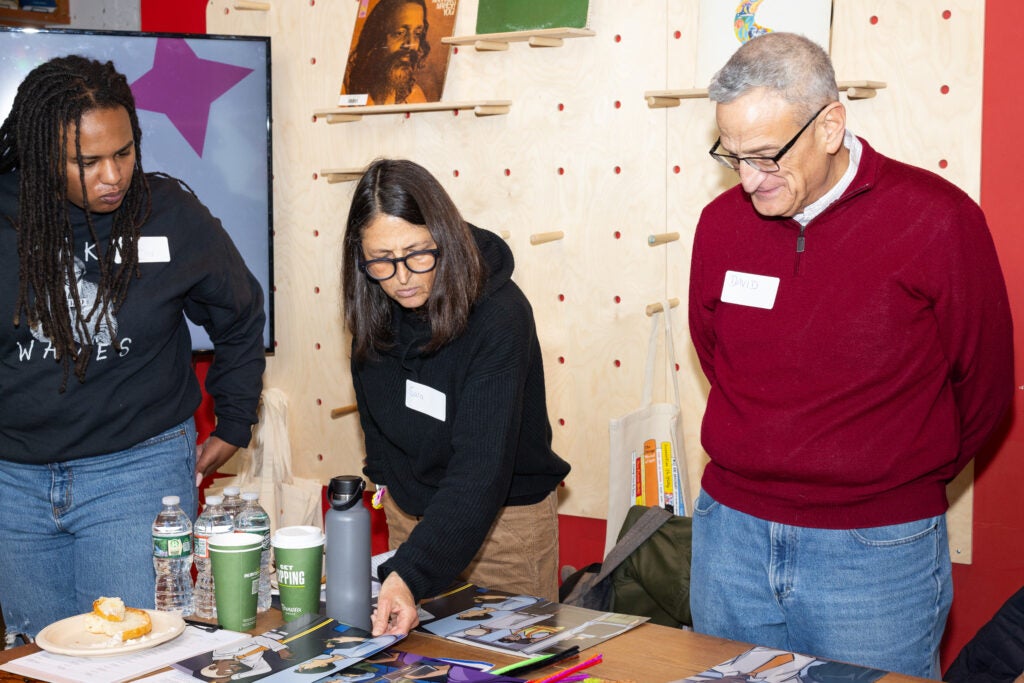Center for Climate, Health, and the Global Environment
We seek climate solutions that can provide for a healthier and more just world today and a livable future for our children.
Building 1, Room 1312
Centering community voices in climate solutions
Impact level: Communities
Location: Boston, India, Worldwide

What problem are we trying to solve?
Community voices are often missing from the design and implementation of climate and health solutions, especially for populations that are most affected by climate impacts. Too often, interventions are created without fully understanding what matters most to the people living in the affected area. As a result, programs that are designed as solutions may not improve life in a way that addresses the community’s actual needs.
Our work aims to bridge this gap by centering community voices in defining what the problems are, what success looks like, and how solutions can be sustainable over time.
What climate and health solutions are we researching?
We focus on incorporating community engagement and implementation science methods—which help ensure that practice-based expertise informs real-world solutions—into climate and health research. This means that we help researchers and organizations co-create solutions with communities. For example, we’ve worked to weave topics like climate anxiety into existing youth health programs and make conversations about climate change a routine part of public health efforts.
What’s the level of impact?
Our approach aims for change at both the individual and community levels, with an eye towards lasting systems change. We recognize that “community” means different things in different places, and our overarching goal is to foster sustainable improvements in health, climate adaptation, and general well-being.
Who will this research benefit?
These approaches are designed to support communities that have been historically marginalized or excluded from decision-making—including racial minorities, Tribal populations, LGBTQ+ groups, and those in low-resource settings globally. By centering community direction and leadership, we aim to ensure that solutions reflect the needs and wisdom of those most affected. Ultimately, when solutions start from the ground up, they are more likely to scale and succeed in similar communities everywhere.
Who are the collaborators, key partners, and stakeholders?
This work is deeply collaborative in spirit, with meaningful ties to community-based organizations in both Massachusetts and India. We also connect with a broad network of practitioners and researchers working to make implementation science and community engagement methods accessible for climate and health projects worldwide.
What data resources can people use as a result of this project?
We’re developing a playbook for user-centered research design, tailored for researchers interested in community engagement. This resource offers practical frameworks, workshop structures, activity ideas, and real-world examples, enabling teams to run creative, community-led sessions that surface local expertise and drive collaborative solutions. It’s a flexible, non-prescriptive resource; a kind of “recipe book” meant to grow with user feedback and spark innovation for organizations striving to become more inclusive and effective climate health work.
Learn more
To get in touch with the research team, contact Anna Miller.